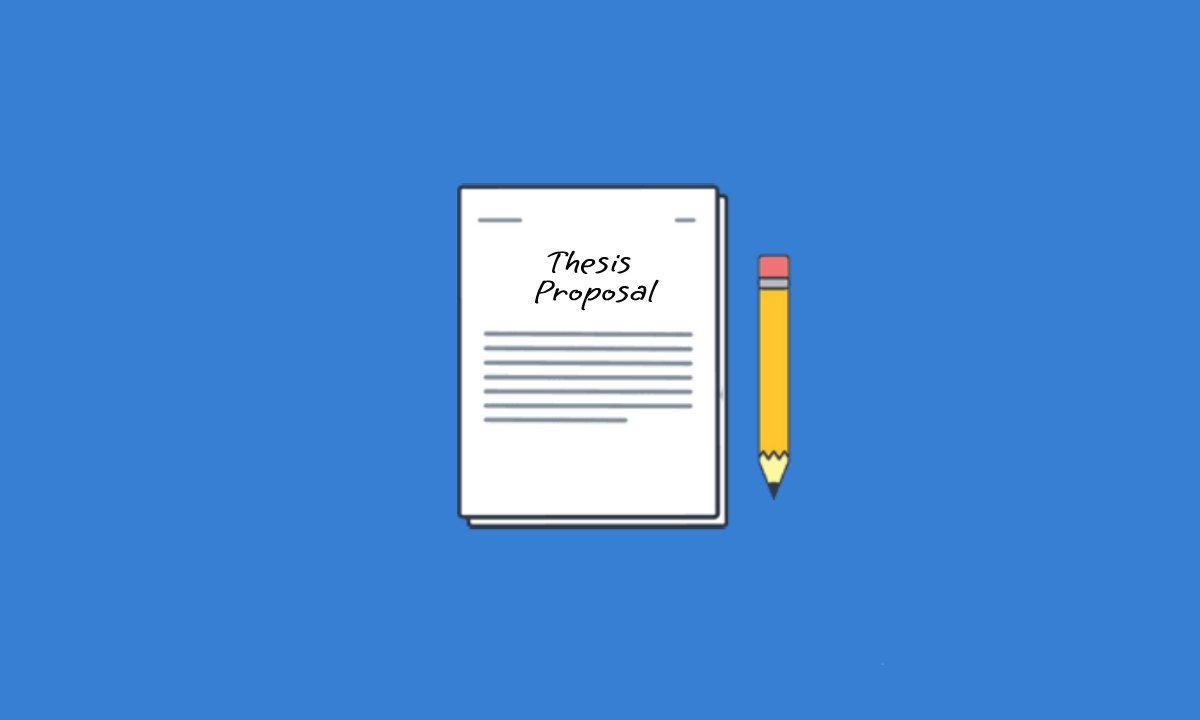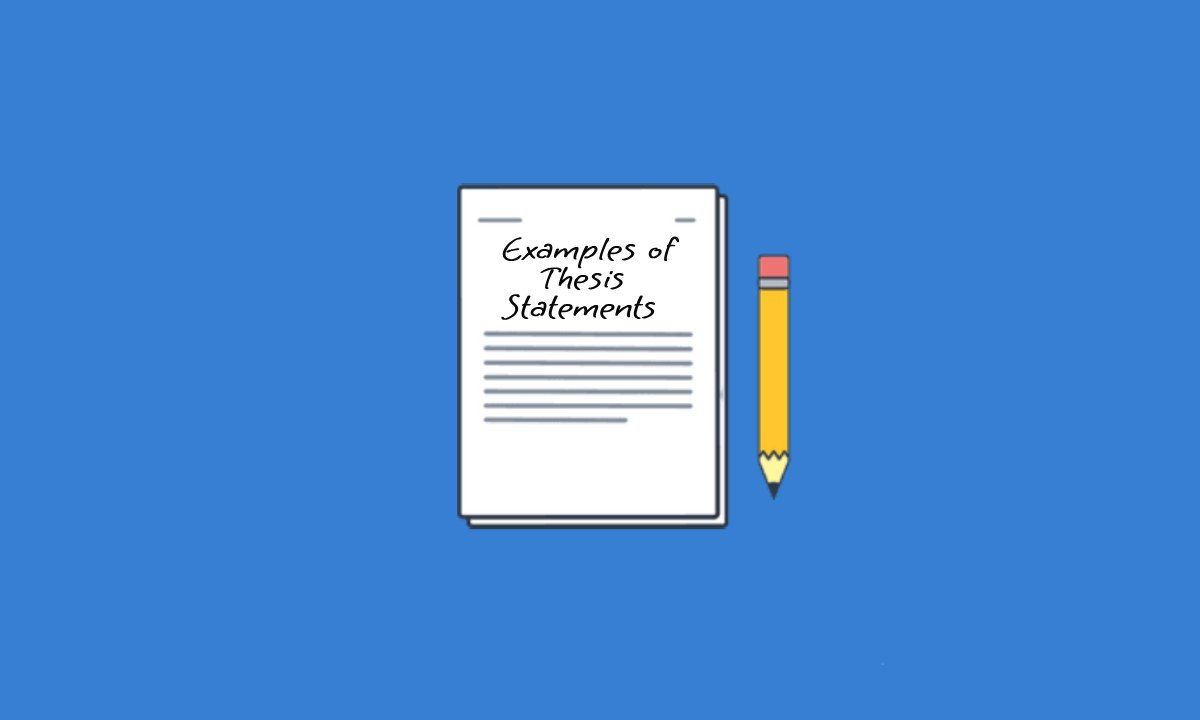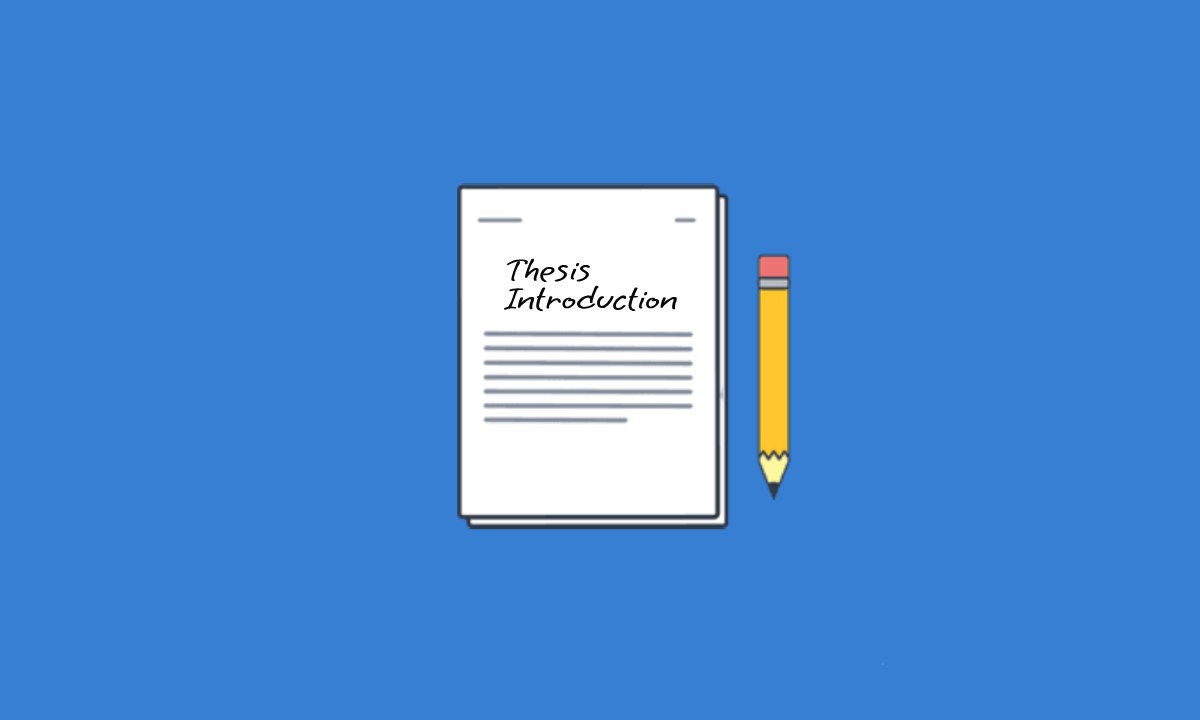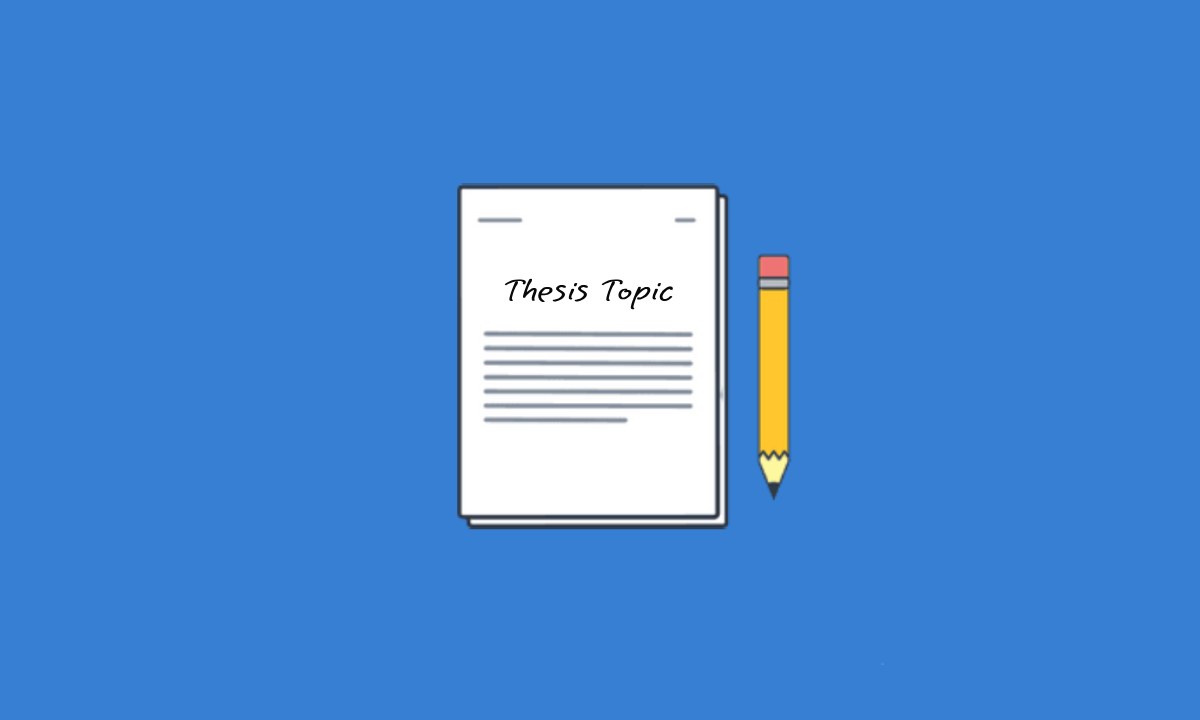What is Thesis Proposal?
A thesis proposal is a detailed plan for a research project that a student intends to undertake as part of their thesis or dissertation. It outlines the research objectives, significance, methodology, and expected outcomes. The primary purpose of a thesis proposal is to demonstrate the feasibility and importance of the proposed research to advisors or a committee, securing approval to proceed with the project.
Thesis Proposal Parts:
A thesis proposal typically includes several key components that provide a roadmap for your research project. Here are the main parts:
- Title Page
- Abstract
- Introduction
- Literature Review
- Research Methodology
- Proposed Timeline
- Expected Results
- References
- Appendices
How to Write Thesis Proposal?
Writing a thesis proposal involves several key steps to ensure that your research is well-planned and clearly articulated. Here’s a structured guide to help you write an effective thesis proposal:
1. Title Page
Your title page should include a concise and descriptive title for your research, your full name, the name of your university or institution, your department or program, and the date of submission.
2. Abstract
The abstract is a brief summary of your research proposal, typically between 150 and 300 words. It should include your research question, an overview of your methodology, and the expected outcomes of your research.
3. Introduction
In the introduction, provide context and background information on your research topic. Clearly state the research problem or issue you intend to address. Formulate a specific, concise research question that guides your study. List the main objectives of your research, and explain the significance and potential impact of your work.
4. Literature Review
The literature review summarizes existing research relevant to your topic. Identify gaps in the current literature that your research aims to fill. Discuss the theoretical framework that underpins your study, linking it to the existing body of knowledge.
5. Methodology
Describe the overall approach and design of your study in the methodology section. Explain the methods you will use to collect data, such as surveys, experiments, or interviews. Outline the techniques you will use to analyze the data, and list any materials or tools you will need. Provide a timeline for your research activities to give a clear picture of how you will proceed with your study.
6. Expected Results
State your hypotheses or expected outcomes in the expected results section. Discuss the potential implications of your findings for the field, highlighting how your research will contribute to existing knowledge and understanding.
7. Budget
If applicable, provide a detailed budget of the anticipated costs related to your research, including materials, travel, and software. Indicate any potential funding sources or how you plan to finance your research.
8. References
Include a list of all the sources you have cited in your proposal in the references section. Ensure that your citations are formatted according to the required citation style, such as APA, MLA, or Chicago.
9. Appendices
The appendices section should include any additional information relevant to your proposal, such as questionnaires, detailed timelines, or letters of support.
Thesis Proposal Presentation:
Below are some steps to help you prepare and deliver a compelling thesis proposal presentation:
Preparation:
Understand Your Audience:
- Know the background and interests of your committee members.
- Tailor your presentation to their level of expertise and expectations.
Structure Your Presentation:
- Title Slide: Include the title of your thesis, your name, and date.
- Introduction: Briefly introduce the topic, its significance, and your objectives.
- Literature Review: Summarize the key research and gaps that your thesis will address.
- Research Questions/Hypotheses: Clearly state your research questions or hypotheses.
- Methodology: Explain your research design, data collection methods, and analysis plan.
- Preliminary Results (if any): Share any initial findings or pilot study results.
- Timeline: Provide a realistic timeline for completing your research.
- Conclusion: Recap your main points and emphasize the importance of your research.
- Q&A: Prepare for potential questions and practice your answers.
Create Visual Aids:
- Use slides to highlight key points, charts, graphs, and images.
- Ensure visuals are clear, concise, and not overcrowded with information.
Practice:
- Rehearse your presentation multiple times.
- Time yourself to ensure you stay within the allotted time.
- Practice in front of peers or mentors to get feedback.
Delivery:
Start Confidently:
- Greet your audience and introduce yourself.
- Clearly state the purpose of your presentation.
Engage Your Audience:
- Maintain eye contact and use body language effectively.
- Speak clearly and at a moderate pace.
- Be enthusiastic about your research.
Explain Clearly:
- Use simple language and avoid jargon.
- Make sure each section flows logically to the next.
Handle Questions Gracefully:
- Listen carefully to each question.
- Answer concisely and admit if you don’t know the answer.
- Offer to follow up with additional information if needed.
Conclude Strongly:
- Summarize the main points of your presentation.
- Restate the significance of your research.
- Thank your audience for their time and attention.
Thesis Proposal Example:
Title Page
Title: The Impact of Social Media on Academic Performance among University Students
Name: Brad Sherman
Institution: University of California
Department: Department of Sociology
Date: July 19, 2024
Abstract
This research proposal aims to explore the impact of social media usage on the academic performance of university students. The study will employ a mixed-methods approach, combining quantitative surveys and qualitative interviews to gather data. The expected outcomes include identifying key factors that influence academic performance and providing recommendations for balancing social media use with academic responsibilities.
Introduction
In recent years, social media has become an integral part of students’ lives, raising concerns about its potential impact on their academic performance. This study seeks to investigate how social media usage affects university students’ academic achievements. The research question guiding this study is: “How does social media usage influence the academic performance of university students?” The main objectives are to quantify the extent of social media use, examine its correlation with academic performance, and understand students’ perspectives on balancing social media and studies. This research is significant as it will provide insights into managing social media use to enhance academic outcomes.
Literature Review
Existing literature suggests a complex relationship between social media use and academic performance. Some studies indicate that excessive use of social media can lead to lower academic achievement due to distractions and reduced study time. However, other research highlights the benefits of social media for educational purposes, such as collaborative learning and access to academic resources. Despite these findings, there is a gap in understanding the specific ways in which social media influences academic performance among university students. This study aims to fill this gap by providing a comprehensive analysis of the effects of social media on students’ academic outcomes, grounded in the theoretical framework of media dependency theory.
Methodology
This study will employ a mixed-methods approach. A quantitative survey will be distributed to 300 university students to collect data on their social media usage patterns and academic performance. The survey will include questions on the frequency and duration of social media use, types of platforms used, and self-reported grades. Additionally, qualitative interviews will be conducted with 30 students to gain deeper insights into their experiences and perceptions. Data analysis will involve statistical techniques to identify correlations and thematic analysis to interpret the qualitative data. The research will be conducted over six months, with data collection taking place in the first three months, followed by data analysis and report writing.
Expected Results
It is hypothesized that high levels of social media usage will negatively correlate with academic performance due to increased distractions and time spent online. However, it is also expected that some students will report using social media for academic purposes, which may positively impact their performance. The findings will contribute to the ongoing debate about the role of social media in education and provide practical recommendations for students and educators on managing social media use to optimize academic success.
Budget
The anticipated costs for this research include materials for surveys and interviews, software for data analysis, and compensation for participants. The total budget is estimated at $2,000. Potential funding sources include university research grants and external educational foundations.
References
Smith, J., & Doe, A. (2022). The effects of social media on student performance. Journal of Educational Research, 45(2), 123-135.
Brown, L., & Green, P. (2021). Social media and academic achievement: A review. Educational Psychology Review, 33(4), 567-589.
Appendices
Appendix A: Survey Questionnaire
Appendix B: Interview Guide
Appendix C: Detailed Timeline
Appendix D: Letters of Support



